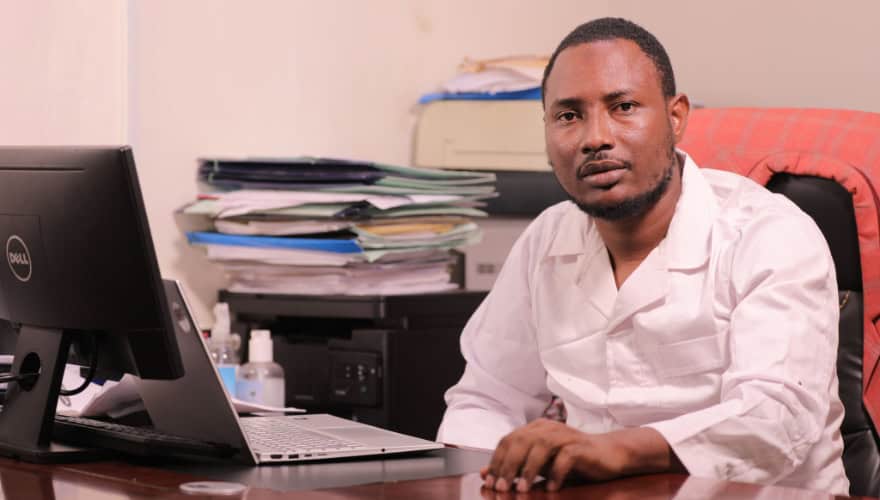Senegal has one of the largest and most developed fishing sectors in West Africa. The waters that lap its 700km coastline benefit from a seasonal upwelling that endows with some of the regions richest fisheries resources. The fishing sector of Senegal's neighbour The Gambia is also well developed. It is the largest provider of food after agriculture and livestock and supplies the majority of animal protein for most Gambians.
Fisheries and related activities are a main source of income for coastal communities and a vital source of employment in both countries. In The Gambia alone, around 32,000 people are employed in fisheries, overwhelmingly in the artisanal sub-sector. In total, the livelihoods of almost a quarter of a million Gambians are in some way dependent on fisheries.

“The sustainable management of our fisheries is very important. Presently, fisheries contribute to 12.1% of Gambia’s national GDP. It forms the core of our blue economy.”
Fisheries Officer, Gambia Ministry of Fisheries
The fishery largely targets both the red sole Cynoglossus senegalensis and black or Guinean sole Synaptura cadenati. It is extremely complex, with fishers using different types of gillnets in different ways depending on the time of year and the area fished.
Like many small-scale fisheries in the Global South, a lack of data is constraining the uptake of sustainable practices in the fishery. And while there are management measures in place, including protected areas, minimum size limits and gear restrictions, so little is known about the status of the stock, that is challenging to know whether they are working.
According to stakeholders, however, the fishery is in such poor health that fishers have been driven further and further from their home ports in the pursuit of fish to catch.
As a result, most have licenses from other countries (Guinea Bissau, Sierra Leone and even further afield) and it’s thought that most of sole landed in Senegal does not come from Senegalese waters.
“MSC plays a very important role in our fisheries. They have conducted pre-assessments of the various fisheries we have prioritised for sustainability. When we implement the fishery improvement action plans, we hope to meet the sustainability objectives of these fisheries.”
Head of Inspectorate Unit, Gambia Ministry of Fisheries



